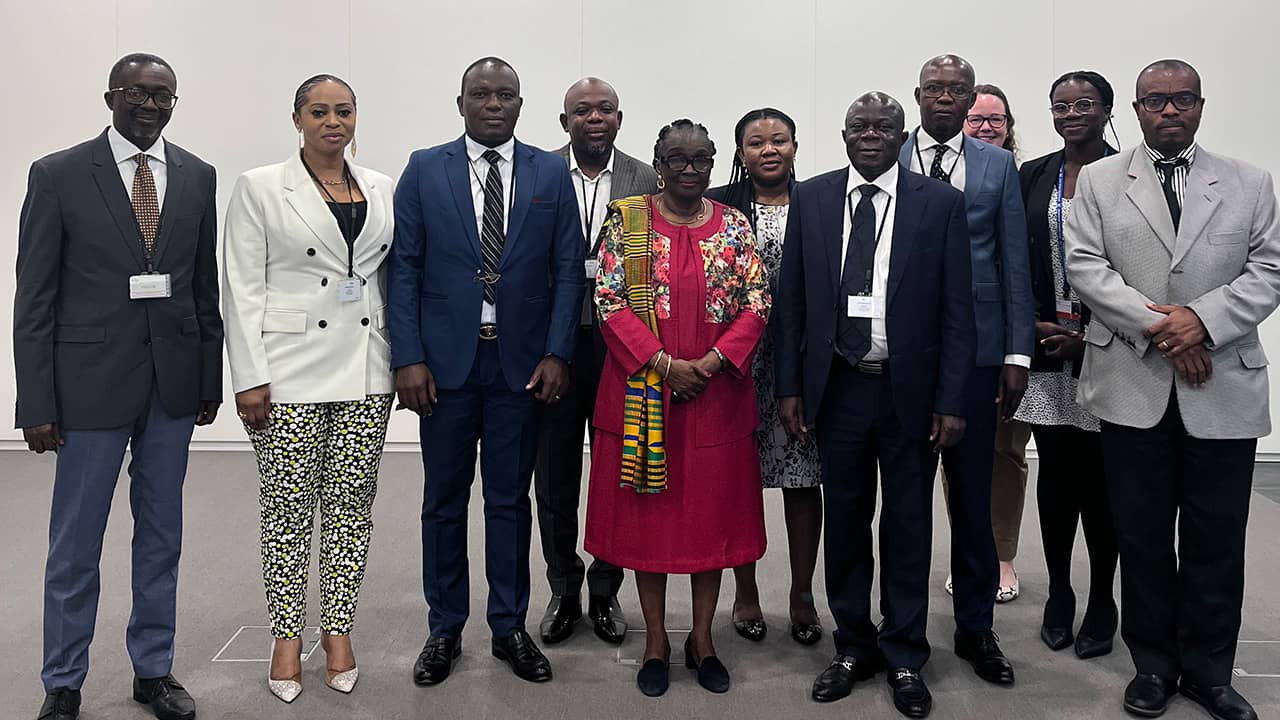Ghana signed the Rome Statute on 18 July 1998 and ratified on 20 December 1999, becoming the 6th State Party.
Ghana signed the Rome Statute on 18 July 1998 and ratified on 20 December 1999, becoming the 6th State Party.

The visit aimed to provide the MPs with comprehensive information and address questions concerning the draft bill to implement the provisions of the Rome Statute of the International Criminal Court (ICC) at the national level.

PGA organised a visit of members of Parliament from Ghana and Uganda to the Hague. The delegation, was composed of 10 Parliamentarians and two staff members.

Hosted by the Legislature of Liberia, under the leadership of Senator Franklin Siakor in collaboration with PGA, parliamentarians from Côte d’Ivoire, Ghana, Guinea, Liberia, Mali, Sierra Leone and Ireland gathered at this regional PGA Roundtable to di
